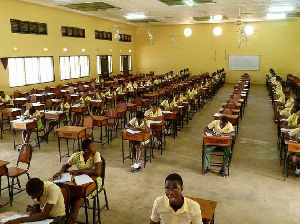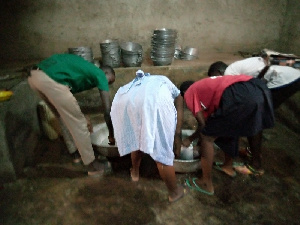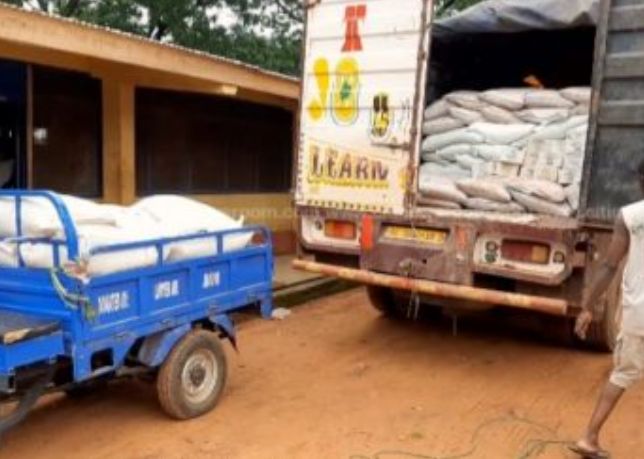Group wants School Feeding Programme extended to JHS
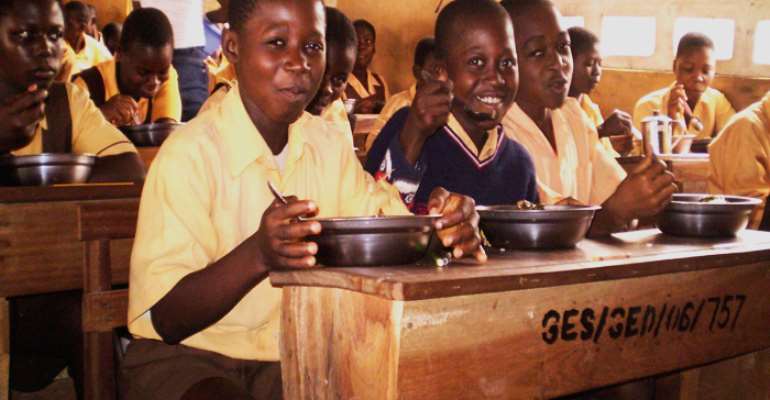
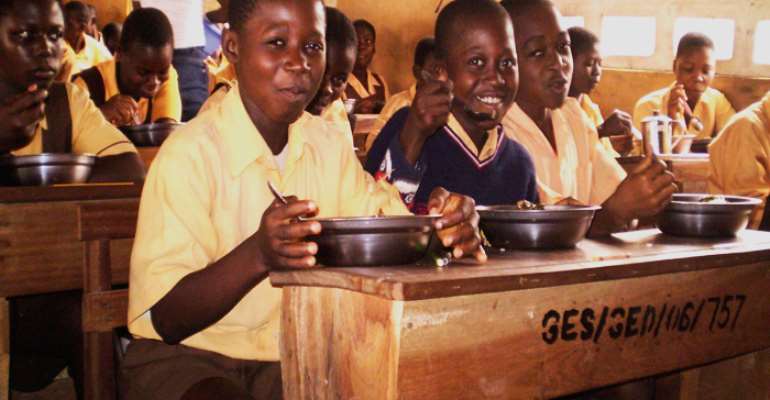
Theodora Williams Anti, the Programmes Manager at the Foundation for Security and Development in Africa (FOSDA), a civil society organization, has said that expansion of the Ghana School Feeding Programme (GSFP) to benefit more pupils in Ghana is crucial.
She explained that since the inception of the programme in 2005, successive governments have continued to expand the coverage of the initiative, offering many poor learners the opportunity to benefit from the intervention.
However, she said, 16 years on, only 30% coverage has been achieved out of the about 30,112 public primary schools and kindergartens combined.
Coupled with calls to expand coverage, government has shown commitment to include more schools under the programme, but the dilemma, is whether to continue with the current model where primary schools are selected from deprived communities and placed on the programme or adopt a new model; which is to expand coverage to include Junior High Schools (JHS), Madam Williams Anti said during the media launch of the GSFP bridging the gap documentary supported by OXFAM, in Accra on Thursday, October 7.
“To prove that expansion to the JHS is crucial, it will be recalled that the last time government gave approval to expand the programme was in July 2016 and it targeted 3 million school children. Very little is known about progress on this in the public domain.
“Three (3) months ago, FOSDA commissioned a study into the GSFP and progressive effects at the JHS level, with comparative analysis of two other African Countries i.e Mozambique and South Africa. Our findings suggest that, the absence of the GSFP at the JHS level is equally accounting for dropout rates in the country. Data from the Ministry of Education on completion rate in 2016 to 2019 averaged 100.1% at both national and sub-national levels for primary schools. Within the same time period, average completion rate for JHS was 76.8% at national and 63% at the sub-national levels. This shows a completion gap of 23% and 37% for JHS at the national and sub-national levels respectively.
“The GSFP has contributed substantially to the enrollment and retention of pupils. For instance, from 26% to 73% in the 2014 academic year. The South African story showed an average 93% completion rate at Grade 7-9 alone (equivalent to HJS 1to 3 in Ghana). This shows a much higher figure within the same time period when the comparison is made to Ghana at national level,” she stated.
She added “to support these study findings, FOSDA engaged with beneficiaries and some duty bearers of the GSFP in selected districts. The call for the expansion to the HJS level was paramount again. This led to the production of a 20 minutes documentary on the subject.
“As an organization with a mission to champion human security we have concluded that the path to consolidating the gains on GSFP is the option to expand it to the JHS level but with an emphasis in poor and deprived communities. The poor and deprived communities in those districts have performed poorly, on the district league table (DLT) since 2014 as well as those ranked low on Ghana’s poverty profile and maps. Conscious efforts must be taken to bridge the inequality gaps in the GSFP.
“We are here today to share with you what key stakeholders are saying is the way forward in the implementation of the GSFP;
“We urge you to join our camping to call on government to extend the GSFP to the JHS so that together we can achieve the Sustainable Development Goals (SDGs) overarching principle of leaving no one behind.”
The Ghana School Feeding Programme (GSFP) is an initiative of the comprehensive Africa Agricultural Development Programme (CAADP) Pillar 3 which seeks to enhance food security and reduce hunger in line with the United Nations (UN) Sustainable Development Goals (MDGs) on hunger, poverty and malnutrition.
The immediate objectives are to reduce hunger and malnutrition, increase school enrolment, attendance and retention, and boost domestic food production in deprived communities of the country. The Development objective is to reduce poverty and enhance food security.
—3news.com

